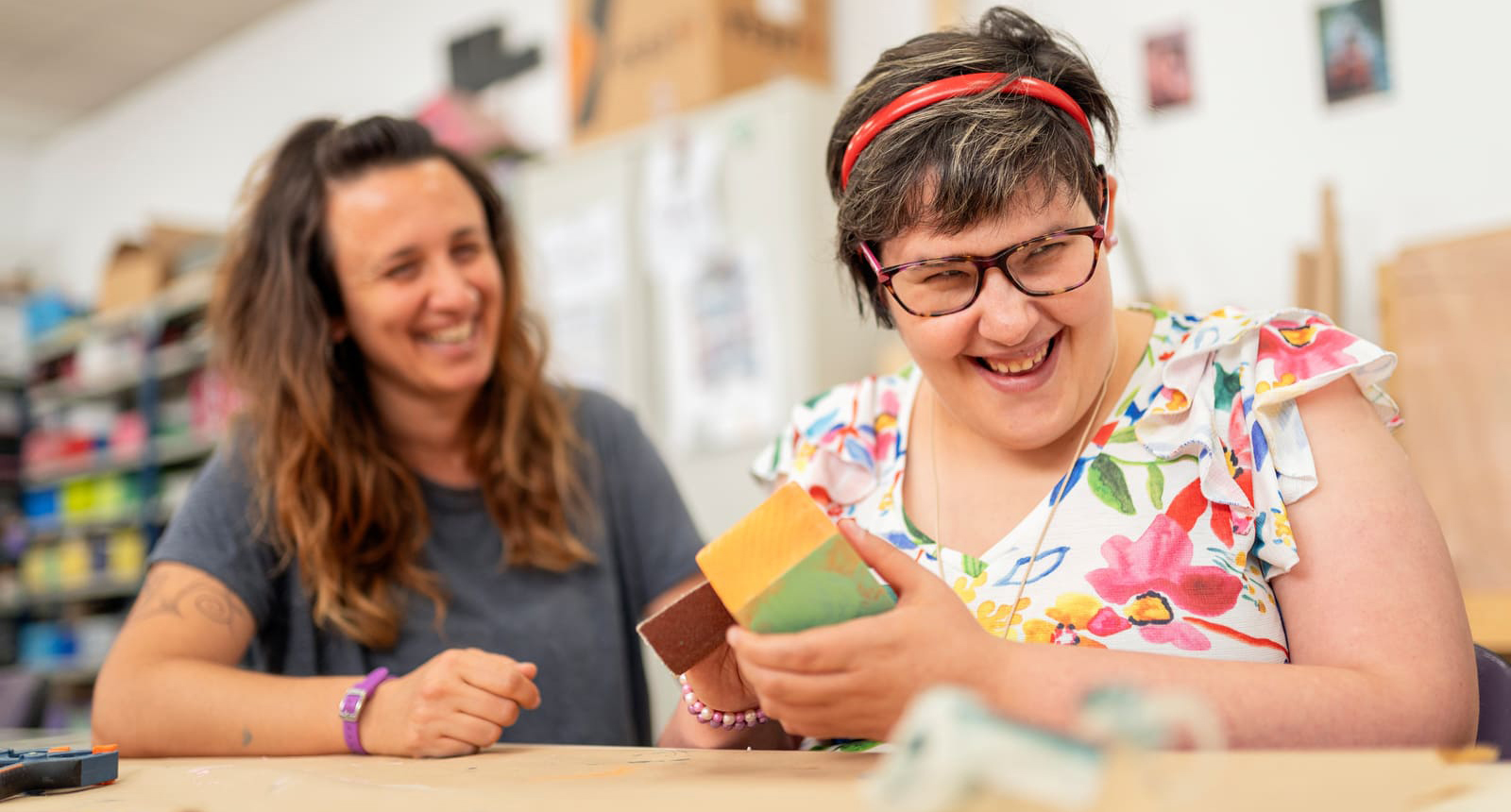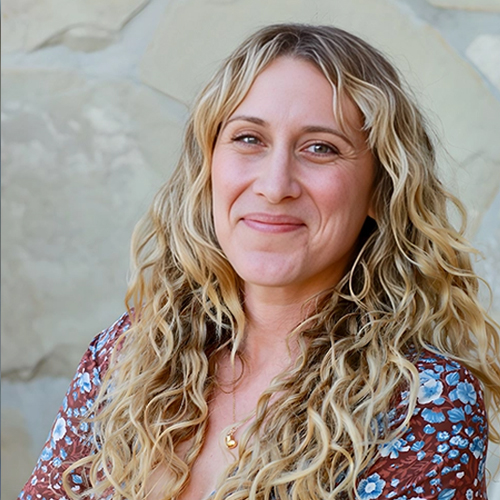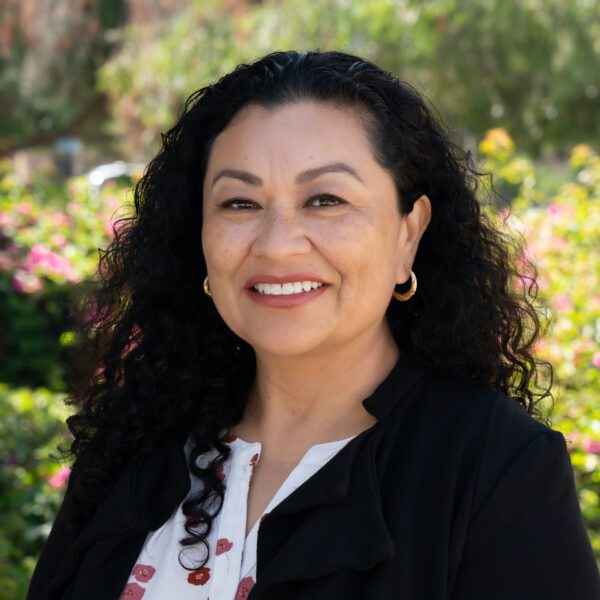


We deliver expert special education advocacy, transforming hopes into measurable educational success for your child.
IEP and 504 plans can be overwhelmingly complex and frustrating without expertise. That's why we provide:
Student case file review and analysis
Strategic planning to get kids back on track
Implementation of our strategic plans
Paperwork support (we know it’s a lot!)
Full service IEP/504 plan support so families can get back to life!
Let’s face it—special education can be a wild ride. But don’t worry, our expert advice will keep you on the right track!
Parents, can you say "Yes" to any of the following?
Do you believe your child deserves a tailored education plan that truly meets their unique needs?
Are you looking for expert guidance to navigate the complex special education system with confidence?
Would you value a professional advocate who can ensure your child receives all the educational opportunities they deserve?
Then you're in the right place!
I cannot thank Advocate to Educate enough for their unwavering support and expertise. They helped us navigate a challenging situation with grace and determination.
Anna Donato
Working with Eryn has been phenomenal. She is knowledgeable and doesn’t back down. You definitely want her on your team.
Emalee Kioski
Eryn is the kindest, most available and hardest working! We can’t rate her high enough. She’s been helping us through every step.
Amanda Farrell

About Advocate To Educate

Location
We support families all over California, virtually and in person.

Family
Everyone on our team is a parent with kids with unique needs.

Training
Our team has professional training in the field of special education advocacy & are cross trained in related professional fields.

Experience
We've worked for the public school systems and know what happens behind closed doors
Our approach goes beyond navigating the process.

Benefits of Advocate To Educate
Real Support
Our experienced team consistently and successfully fights for the care of your child.
Real Results
From strategic planning to school team collaboration, we cut no corners when it comes to your child’s success.
Real Dedication
At the heart of everything we do is a profound level of compassion for often-overlooked parents and children.
Real Healing
Some children have been misunderstood for years before they come to us – we help them see their strengths and overcome the trauma.
Helpful Resources for Parents
Stay Connected for News & Resources!





















